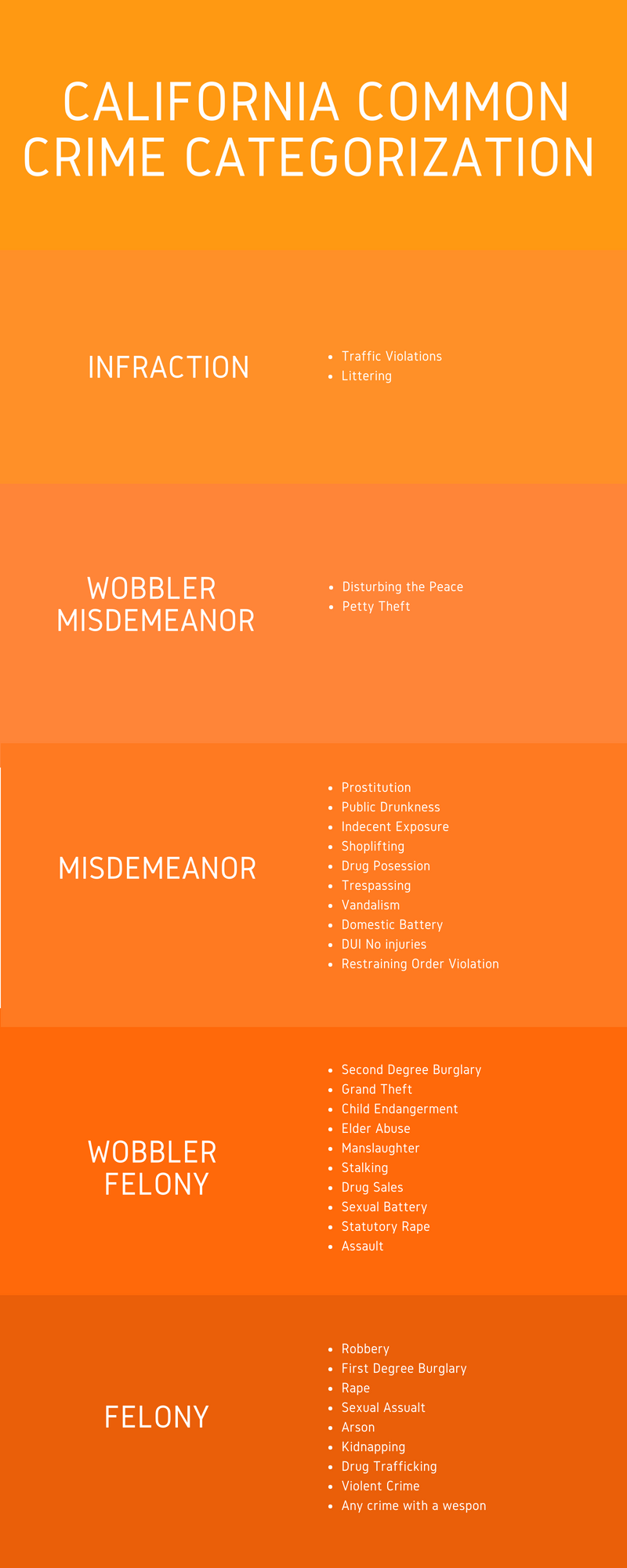A Guide to Sentence Enhancements in California


When someone has been convicted of a crime, the judge will look at the number of punishments allowed under the law and assign one of them depending on the nature of the crime and the past criminal record of the defendant.
For example, in California, a misdemeanor offense can warrant a punishment of up to six months in jail and/or a fine up to $1,000. When the defendant has no prior convictions, a judge can assign only the fine as a penalty, or the fine and anywhere between one day or six months in jail.
But in certain cases, the judge may decide to apply enhancements, or aggravating factors. These enhancements allow a harsher penalty to be given to the defendant. Sometimes, the judge may be required to apply these enhancements to a case. Whether or not enhancements are applied will typically be determined by any prior convictions the defendant has, or if there are factors that increase the severity of the crime. The types of enhancements that may be applied are outlined below.
Repeat Offenders
Prior criminal convictions on a defendant’s record are the most common reason for a sentence to be enhanced. When there are priors, the judge will often enhance the sentence even when the crime committed was non-violent or a misdemeanor.
A good example of this is California’s Three Strikes law. Under this law, anyone convicted of two prior criminal offenses can face an enhanced sentence of 25 years to life in jail. Typically, this type of enhancement is applied when the prior convictions were qualifying offenses. Most often “qualifying offenses” include violent crimes.
Gun Enhancements
When a gun is used, or even found on a person while he is allegedly committing a crime, he could face a sentence enhancement if convicted. The severity of that sentence will depend on a number of factors, including the crime itself, the type of gun, whether or not the gun was used or brandished, and the person’s criminal history. Typically these enhancements include one year to life in prison.
Minors Involved
When minors are involved in the crime, or even present at the scene, a judge may apply an enhanced sentence to the defendant. For example, if an adult used a minor to help rob a convenience store, an enhanced sentence may be applied. Or, if a child was in a car when a driver was arrested for DUI, a judge may levy a more serious sentence than if there were no children present.
Gang Crimes
California lawmakers have been trying to crack down on gang crimes, so severe enhanced sentences may be applied. These enhanced sentences can include anywhere between two years and life in prison. Even those associated with gangs but not actually in them, such as someone dating an alleged gang member, can face these enhanced sentences.
Hate Crimes
The motivation for a crime can also lead to an enhanced sentence for the person convicted. If someone commits a crime against someone else due to discriminating against the victim’s gender, nationality, race, religion, or sexual orientation, the penalties the defendant faces are severe. These penalties will vary depending on the crime. For example, someone who commits first-degree murder as part of a hate crime will face life in state prison without the possibly of parole. And anyone who commits vandalism against a particular religion or in a house of worship will be charged with a felony rather than a misdemeanor.
Proving Enhancement
All people have rights in the American justice system. They have the right to a fair trial; for their case to be heard before a jury of their peers. During the trial, the prosecution must prove beyond a reasonable doubt that the defendant committed a crime. When an enhanced sentence is being sought, the prosecution must also prove that aggravating factors were present—beyond a reasonable doubt.
Being accused of committing a crime is serious. When aggravating factors are present, you face sentence enhancements that may keep you in prison for a long time. That is why you should immediately speak to an experienced San Diego criminal defense lawyer if you are arrested. We at JD Law can discuss your situation and the defenses that are available to you. Do not delay. Call (760) 630-2000 for a free consultation.
Share this knowledge by:
Embedding the infographic by copying and pasting the following code onto your website:
<div align=”center”><a href=”https://jdlaw.law/blog/wp-content/uploads/2018/06/Drug-CHarges-And-Penalties.png” target=”_blank”><img src=”https://jdlaw.law/blog/wp-content/uploads/2018/06/Drug-CHarges-And-Penalties.png” alt=”California Common Crime Categorization” width=”612″ border=”0″ class=”imgcenter” /></a> <p align=”center”><a href=”https://jdlaw.law/blog/wp-content/uploads/2018/06/Drug-CHarges-And-Penalties.png” target=”_blank”>See Larger Image</a></div>
Linking to this page on your own website:
<a href=”https://jdlaw.law/blog/sentence-enhancements-in-california/”>JD Law: California Common Crime Categorization Infographic</a>
Don’t Waste Any Time!
Call us today for a FREE Consultation
(760) 630-2000


- Criminal Law Expert - Led by a Board Certified Criminal Law Specialist. Read More
- 100s of Cases Tried - Since 1990, James Dicks has represented hundreds of clients. Read Bio
- Client Approved - Read our online testimonials from satisfied jD LAW Clients. Yelp Reviews
- May 30, 2024
When Juveniles Are Accused of Violent Crimes - May 20, 2024
What Should You Do During a Traffic Stop? - May 10, 2024
The Legal Concept of ‘Intent’ in Theft Crime …
 RSS
RSS





